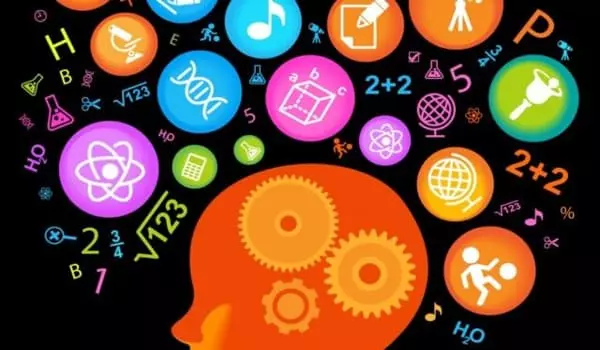A new study discovered that while the language we speak influences how we perceive others, it has no effect on how we hear music. Previous research has found that speaking multiple languages has an impact on how you perceive the world. A study of bilingual English and German speakers discovered that when they spoke English, they were more action-oriented than when they spoke German.
We are all aware that learning a new language has numerous advantages. Languages open doors to new cultures, allowing us to connect with people from all over the world in more meaningful ways than ever before. Learning a new language, on the other hand, has physical health benefits. Let’s take a look at some of the latest research on the effects of learning a new language on the human brain.
A music-related hobby improves language skills and influences speech processing in the brain, according to research. According to a new study, the opposite is also true: learning a foreign language can affect how the brain processes music.
The findings support the idea that musical and linguistic brain functions are inextricably linked in the developing brain. Music and language learning both influence auditory perception. Prior research has not systematically investigated whether they produce similar or different results in the developing brains of school-age children.
Mari Tervaniemi
Mari Tervaniemi of the University of Helsinki’s Faculty of Educational Sciences investigated, in collaboration with researchers from Beijing Normal University (BNU) and the University of Turku, the link in the brain between language acquisition and music processing in Chinese elementary school pupils aged 8-11 by monitoring children who attended a music training program and a similar program for the English language for one school year. Children’s brain responses to auditory processing were measured before and after the programs. Tervaniemi compared the findings to those of children who participated in other training programs.
“The findings showed that both the music and the language program had an effect on the neural processing of auditory signals,” Tervaniemi says.
Learning achievements extend from language acquisition to music
Surprisingly, participation in the English training program improved the processing of musically relevant sounds, particularly in terms of pitch processing.
“One possible explanation for the finding is the children’s language background, as understanding Chinese, a tonal language, is largely based on pitch perception, which may have equipped the study subjects with the ability to use that trait when learning new things. As a result, attending the language training program aided the early neural auditory processes more than musical training.”

According to Tervaniemi, the findings support the idea that musical and linguistic brain functions are inextricably linked in the developing brain. Music and language learning both influence auditory perception. Prior research has not systematically investigated whether they produce similar or different results in the developing brains of school-age children.
The number of children studied using electroencephalogram (EEG) recordings at the start of the training programs was 120, with more than 80 taking part in EEG recordings a year later, after the program.
Even without the use of x-rays and MRI scans, anyone with serious experience in learning a new language knows that some of the practical skills gained from learning a second language include improved conversational abilities, greater mastery of languages in general (including the learner’s native language), improved study skills, greater discipline, and improved concentration and focus.
“As a language learner, you will not only become a more conscious thinker and listener, capable of communicating clearly and thinking creatively, but you will also gain the most significant benefit of multilingualism: a broader, more global perspective,” writes Dan Roitman of Pimsleur in the Huffington Post.
The children had a lot of opportunities to sing during their music lessons, as they were taught to sing using both hand signs and sheet music. The language training program emphasized the use of both spoken and written English, also known as simultaneous learning. At the same time, the English language has a different orthography than Chinese. Throughout the school year, the one-hour program sessions were held twice a week after school on school grounds, with approximately 20 children and two teachers attending at a time.
“The children liked the content of the lessons in both programs because it was very interactive and had many means to support communication between the children and the teacher,” says Professor Sha Tao, who led the study in Beijing.















